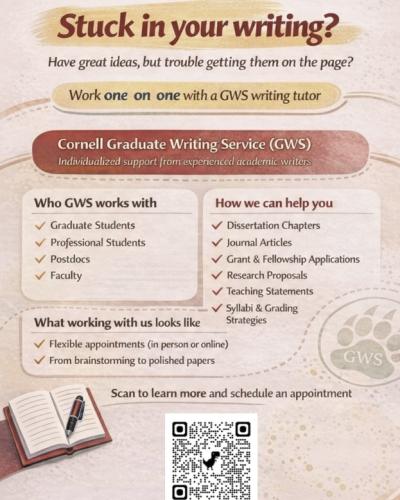The KNIGHTLYnews is an online forum where FWS instructors and other teachers of writing can swap and share ideas for best classroom practice. Weekly posts are designed to help teachers develop lesson plans and writing assignments, and respond to classroom challenges by introducing new teaching tools and sharing emerging pedagogical ideas. Posts also direct readers to program and campus resources that support teaching and learning, and provide opportunities for peer collaboration and mentorship.
My colleague Elliot Shapiro posted earlier this week on his classroom laptop policy: Why You should Tell Students to Close their laptops…except when they are doing something for your class that requires open laptops. As is typically the case when Elliot shares instructional ideas, I read and nodded my head at our shared pedagogical values and smiled as I noted clever new takes on classroom practice.
But even as I read and nodded and smiled, I could not help but wonder how Dr. Katie Rose Guest Pryal (the neurodivergent author and speaker featured in Jessica Sands's recent KNGHTLYnews post, The Accessible FWS Classroom) would respond.
So I did some Googling...
As it turns out, Guest Pryal published a relevant piece on HuffPost in 2017. She and Jordynn Jack, PhD penned When You Talk About Banning Laptops, You Throw Disabled Students Under the Bus in response to University of Michigan Professor Susan Dynarski's New York Times article titled "Laptops Are Great. But Not During a Lecture or a Meeting." Please give them a read!
I nodded and smiled at Guest Pyyal's words too. I also shook my head and furrowed my brow as I worried about missteps and exclusion. This is a complicated conversation -- so many ways to get it right and wrong.
My own feelings about technology in the classroom change a little bit each semester, to be honest, my policies shifting even within a semester as I observe the ways students interact with each other and course material, as well as in explicit negotiation with students individually and collectively.
While I may not be as sure about telling students when and why to close their laptops as Elliot is, though, I cannot nod or smile emphatically enough as I read his post's final sentence. Like Elliot, I take risks with my classroom management decisions and in my pedagogical choices, knowing that as I move from semester to semester, even class session to class session, I am composing another draft in my decades-long teaching monograph.
When we make decisions as teachers—about electronics and everything else—we should act with conviction, but with a commitment to learning from the experiment that is under way every time we teach a class.





